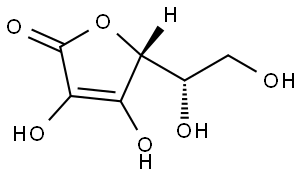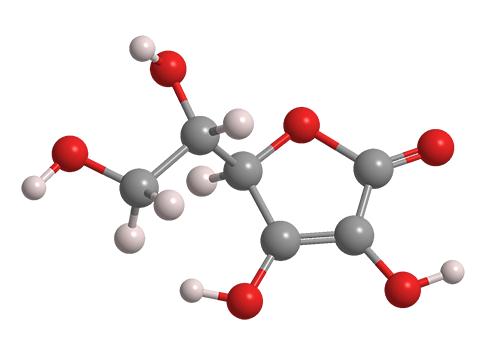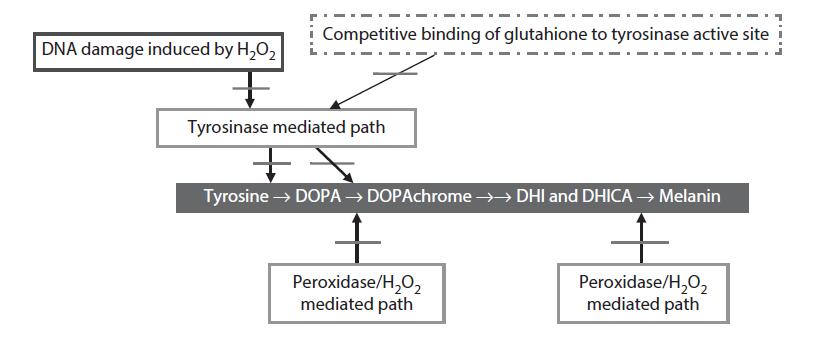?Effects on human health of Vitamin C
Vitamin C is possibly the most well-known vitamin in the world. In one of the first controlled experiments in history by a surgeon of the British Royal Navy, James Lind proved in 1747 that giving sailors lime or lemon juice prevented the dreaded, lethal disease of scurvy. It took the British Royal Navy until 1795 to include lime or lemon in sailors’ rations (leading to their nicknames “limies”).

Source
Vitamin C was first isolated from fruit in 1928 by Albert Szent-Györgyi, who described its extraordinary effects in improving human health. In the 1970s, Linus Pauling recommended far larger doses than possible through nutrition alone to attain optimal health. (Dr. Pauling himself took 13 g/day, since that is the amount synthesized per day by a 130-lb goat.)
Uses
Active L-ascorbic acid is such an excellent antioxidant that it is inherently unstable, turning brown as it is oxidized to dihydroascorbic acid when exposed to air. Therefore, the shelf life of most formulations containing pure vitamin C is short, so esterified forms of vitamin C are usually used for topical application in lotions, creams, serums, and patches to overcome this problem. However, these more stable, esterified derivatives (ascorbyl-6-palmitate and magnesium ascorbyl phosphate) are not well absorbed and are only minimally metabolized by the skin to the active, free acid form. To achieve photoprotection and other benefits to the skin with topical vitamin C, the formulation must contain L-ascorbic acid in a high enough concentration (at least 10%), be stable, and be at an acid pH—less than the pKa (4.2) of vitamin C.
Effects on human health
Vitamin C is absolutely necessary for the health, indeed the existence, of skin, because it is the essential cofactor for the two enzymes required for collagen synthesis, prolyl hydroxylase (which makes the collagen molecule stable), and lysyl hydroxylase (which cross-links the collagen to give structural strength).
Recent research has further demonstrated that vitamin C acts directly on DNA to increase the transcription rate and to stabilize the procollagen messenger RNA, thus regulating and maintaining the intercellular amount of collagen.By regulating collagen synthesis, vitamin C can directly prevent the collagen loss that causes wrinkles in the young and restores the collagen in older individuals. Exciting studies in vitro compared newborn with elderly (80–95-year-old) fibroblasts.
Elderly cells proliferated in vitro at only one-fifth the rate of newborn cells. However, when vitamin C was added to the culture medium, the elderly cells actually proliferated better than normal newborn fibroblasts. Even the newborn fibroblasts proliferated almost four times better when exposed to vitamin C.
You may like
Related articles And Qustion
See also
Lastest Price from Ascorbic Acid manufacturers

US $1200.00-1100.00/ton2025-10-22
- CAS:
- 50-81-7
- Min. Order:
- 1ton
- Purity:
- 99%
- Supply Ability:
- 1000T/M

US $3.80-3.50/kg2025-07-10
- CAS:
- 50-81-7
- Min. Order:
- 1000kg
- Purity:
- ≥99.8% (Pharmaceutical Grade) / ≥99.0% (Food Grade)
- Supply Ability:
- 1000 tons





